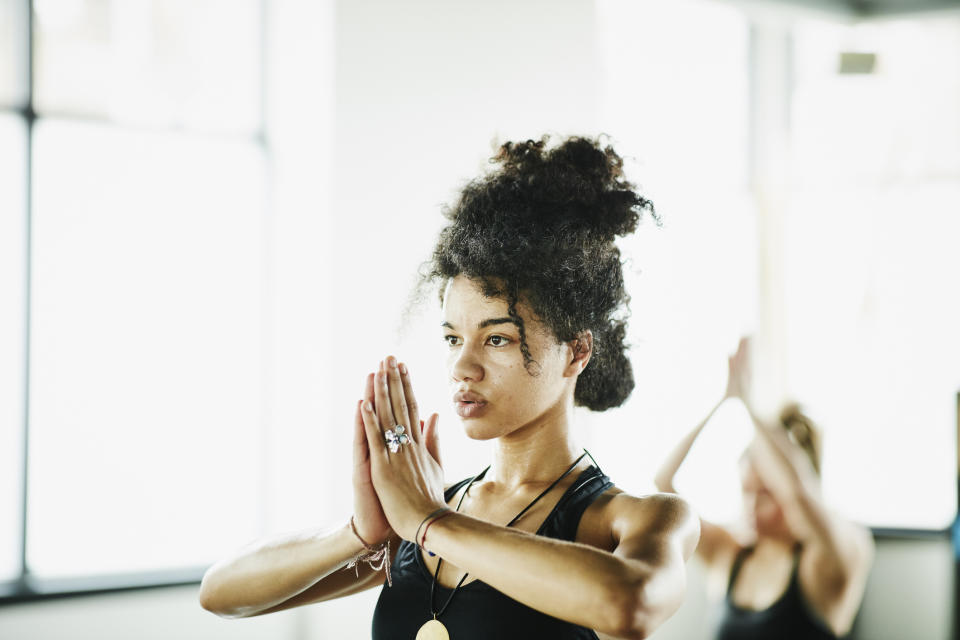Aussie women worried for financial future: Here's how to change that

Only four-in-10 millennial women in Australia feel confident about their financial futures, with women more likely to invest in their physical fitness than financial health.
Additionally, more than one-in-five millennial women admit to paying little attention to their finances, new research from NGS Super has today revealed.
Related story: 2 million more Aussies have tumbled into financial difficulty in 2019
Related story: What women should do with money in their 20s, 30s, 40s, and 50s
Related story: More than 7 million Aussies would be on Centrelink if they lost their job
“Despite three-in-five female millennials believing they are financially healthy, the sobering truth is that without a real investment of time and money early on, many women will be left scrambling to achieve financial independence and a stable nest egg when it’s time to retire,” NGS Super CEO Laura Wright said.
“The good news is that millennials want to invest more in their financial fitness,” she added.
Released to launch NGS Super’s Fierce Females Campaign, the research found that more than three-in-four say financial independence is important to them, but only 25 per cent spend money on boosting their financial health, compared to the 60 per cent who have spent money on physical fitness.
Noting that women retire with $90,000 less in super than men, Wright said it’s “absolutely vital” that women start considering how they can invest in improving their financial health.
“Without a commitment to improving financial fitness now, this generation of Australian women is at risk of never achieving true financial independence and could run out of money in retirement.”
Easy ways to boost your financial fitness today

Getting to the gym after work is easy once a routine has been established, and the same goes for improving financial strength.
These are NGS Super’s top ways to start getting financially healthy, today.
Do a regular super check-in
Put a recurring calendar invite in your phone for every three months to log in and check how your super investments are going – and to make sure you’re not being short-changed by your employer.
But, make sure you don’t schedule this for a Friday night or Saturday morning as it’s highly likely you’ll be busy. Instead, think about a time you can commit to, like a Sunday or Monday evening.
Write down your daily spend
Ever noticed that no matter how high a pay rise, you always end up spending most of your salary? That’s because of ‘lifestyle inflation’; essentially it’s tempting to boost your standard of living when you earn more money.
Writing down what you spend will help you take stock of what is, and isn’t, necessary spending. Then, go from there.
Within one or two weeks you should have an idea of your average spending patterns. Now, you can set a realistic budget and figure out where you could save a bit of money.
Try tracking your ongoing spending with a spending tracker app, or an excel spreadsheet to stay on budget.
Create a goal you can actually hit this month
If you’re not used to saving, placing a goal of buying a house might seem impossible. Instead, take it easier by setting a realistic goal that you can achieve within a month.
That could be saving an extra $100 a month by bringing your lunch into work twice a week, and only buying barista-made coffee three times a week.
If you’re spending $10 on lunch every day, and $3.50 on a coffee, over the course of four weeks, that’s a saving of $108.
These smaller goals help you set better habits, which in turn bring you closer to financial freedom.
The next step?
If you’ve got these under control, it could be time to start thinking more about investing that money you’ve saved. Low-cost index funds, or ETFs are popular places to start, while micro-investing apps like Raiz will also give you a taste for the ups and downs of investing.
Yahoo Finance’s All Markets Summit is on the 26th of September 2019 at the Shangri-La, Sydney. Check out the full line-up of speakers and agenda for this groundbreaking event here.

 Yahoo Finance
Yahoo Finance 
